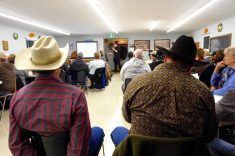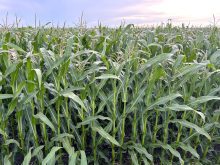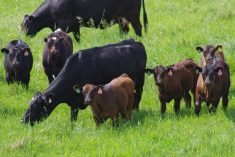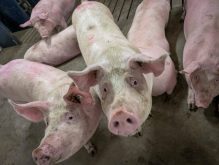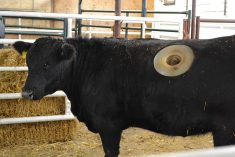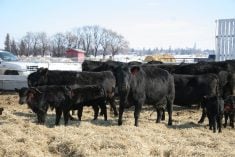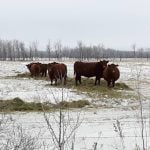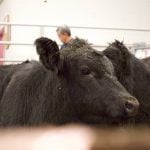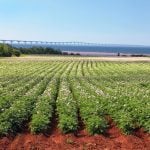An Ontario Supreme Court judge has dismissed a class-action lawsuit that alleged the federal government was negligent nearly two decades ago when it didn’t take measures that could have prevented the BSE crisis.
But the case, launched in 2005, isn’t over yet. Lawyers for the plaintiff, an Alberta ranch, have already launched an appeal.
The class-action lawsuit against the government centres around cattle imported from the U.K. and Ireland prior to a 1990 ban on importing cattle from countries with BSE. The suit alleges the federal government was negligent because it didn’t prevent some of those cattle from being rendered and used for feed ingredients (a known source of BSE transmission).
Read Also
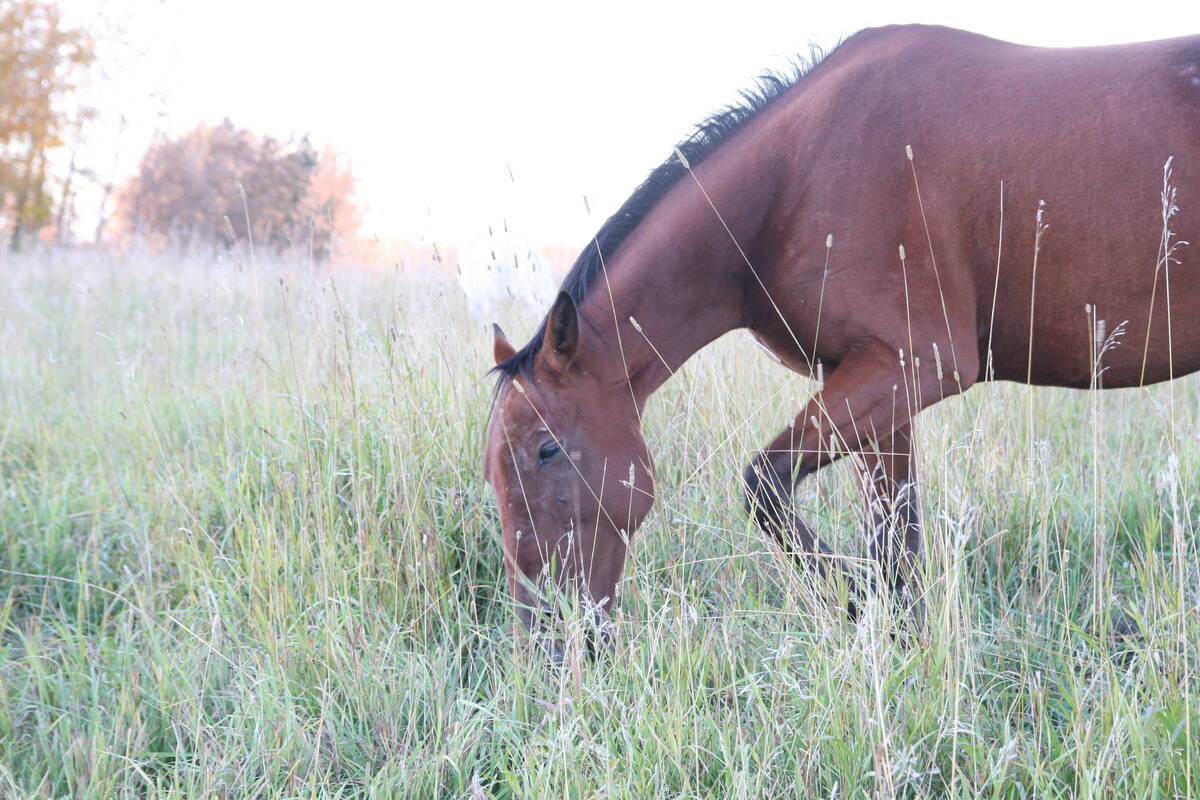
Beware giving horses too much iron
Horses consuming too much iron through diet or well water risk health problems like laminitis. Mineral testing forage and water is good practice for owners.
In a lengthy ruling, Justice Paul Schabas agreed the government’s decision to only monitor those imported cattle for signs of bovine spongiform encephalopathy wasn’t enough. He acknowledged that wouldn’t prevent ones that weren’t showing clear signs of BSE from being rendered and used for feed ingredients.
But the policy did not amount to “operational negligence,” Schabas ruled.
“In my view the defendant did not act unreasonably,” the judge wrote in his ruling. “Canada considered the risk of BSE entering the Canadian cattle herd arising from the rendering of U.K. imports and concluded that the risk was low. This was consistent with the views of the U.K. and international BSE experts at the time.”
But the judge erred by “failing to conclude that Canada had a duty to act and failed to act,” says an appeal launched late last month by Toronto law firm WLG Gowling, which represents Flying E Ranch. (In turn, the Stavely-area ranch represents all cattle and dairy producers who suffered losses because of the BSE crisis.)
“We are very disappointed with Justice Schabas’s ruling, particularly given the findings of fact he made,” lead counsel Duncan Boswell said in an email.
“Schabas found the government expressly assured Canadian cattle producers that BSE would not enter Canada, and would not be permitted to establish itself within Canada’s domestic cattle population.
“By making these statements, Justice Schabas found that the government was intending to reassure Canadian cattle producers that it ‘had the disease in hand,’ and ‘there was effectively no risk of BSE coming into Canada because of Agriculture Canada’s policies.’”
But the opposite was actually the case, said Boswell.

“Importantly, Justice Schabas found the government knew in 1990 that the monitoring program ‘would not be effective in preventing subclinical imports from being slaughtered and rendered,’” he said in his email, quoting from the judge’s ruling.
Although procedural matters took up years and years, the case finally made its way to court last April with hearings lasting into August. And had the judge found in favour of the plaintiffs, Ottawa could have been writing more than $1 billion in compensation cheques.
The class-action suit had pegged the losses to affected cattle and dairy producers at $7 billion to $8 billion. Once federal assistance was taken into account, those producers would still have been out anywhere from $3 billion to $5 billion.
Schabas shaved those numbers down but still concluded that the federal government, if it had been negligent, would have owed the affected producers a lot of money.
“Had I found the defendant liable for negligence, I would have awarded damages to the class in the aggregate amount of $1.163 billion,” the judge wrote.
His 177-page ruling, dated Jan. 28 (see below), covers a lot of ground, including the emergence of BSE in the U.K., Canada’s surveillance program, feed regulations, actions by other countries, government aid programs, and testimony of expert witnesses.
The judge offers four reasons for dismissing the case. One was that Ottawa did provide nearly $2 billion in compensation, another deals with what constitutes a “duty of care” (by the feds for the cattle sector) and another on a related governance issue.
But creating a policy that doesn’t work isn’t the same as being negligent, Schabas said in regards to his fourth reason.
“The actions impugned by the plaintiff involve policy decisions by government rather than operational negligence,” he wrote, adding that at the time, the World Organization for Animal Health “did not require a feed ban or isolation of the imports.”
But the appeal argues just monitoring the imported cattle instead of ensuring they weren’t rendered and used for feed was “irrational in light of Canada’s knowledge of the science and risks of BSE.”
“Given these findings of fact, we have difficulty understanding how the government is not liable,” Boswell said in his email. “As a result, we have received instructions to appeal the decision.”
The notice of appeal can be found below.




